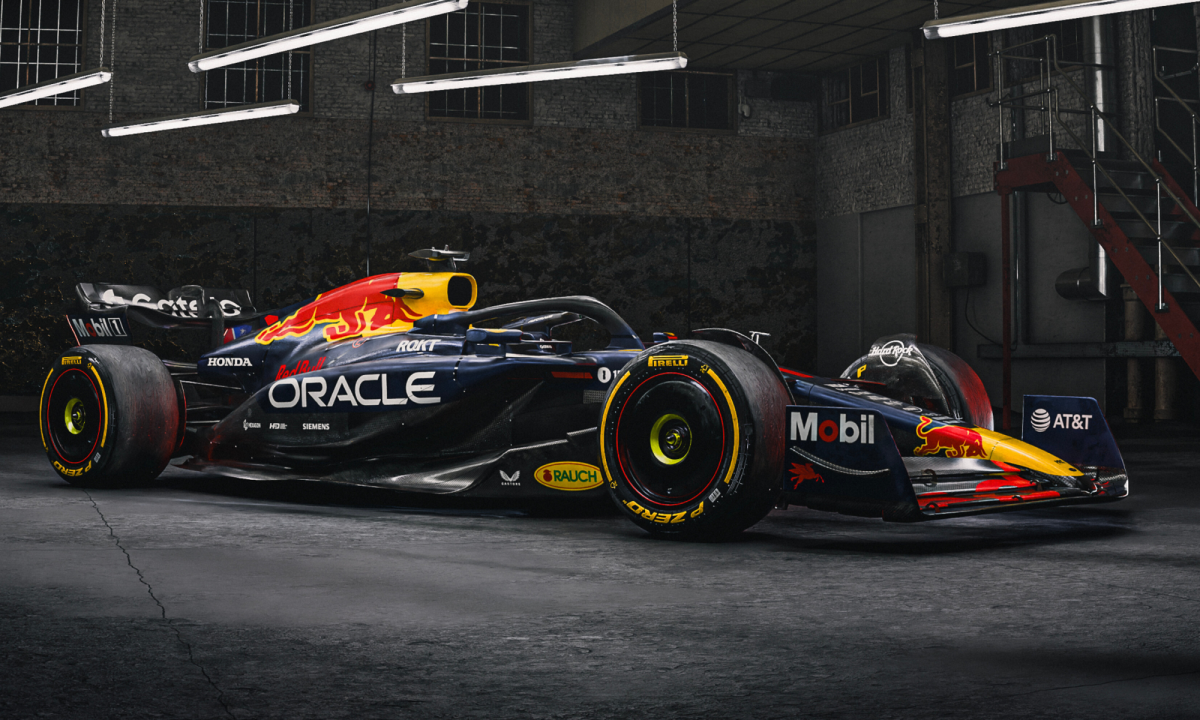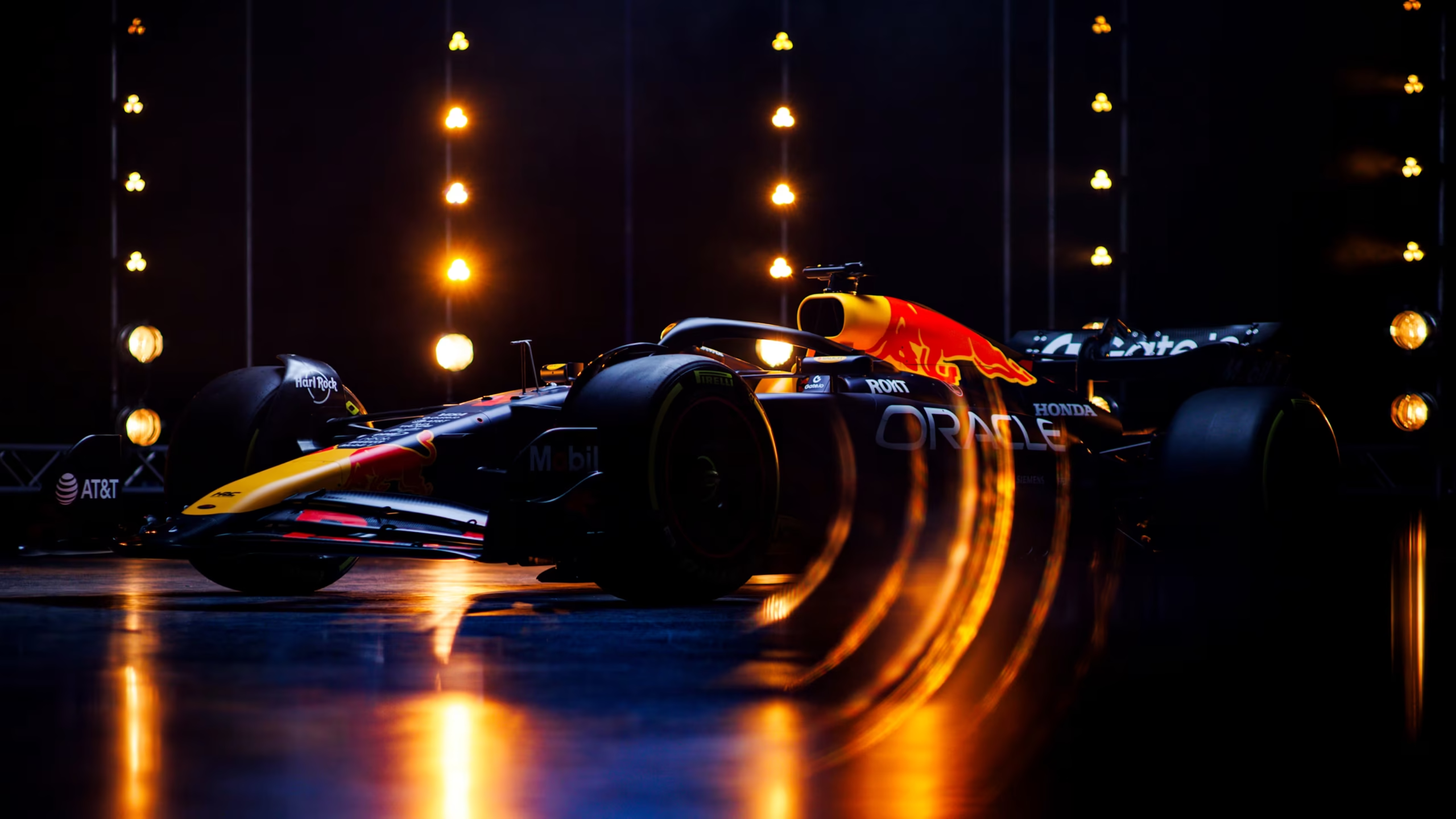
Red Bull Racing Team RB21
As the dust settles from the thrilling 2025 Formula 1 season, the focus invariably shifts to the future. At the heart of Red Bull Racing’s ambitions for 2026 is the RB21, their latest challenger designed to uphold their dominant legacy in the sport. While concrete details remain under wraps, as is traditional for F1 teams developing their next-generation cars, the RB21 is poised to be a pivotal machine in Red Bull’s pursuit of further championships.
Following a highly successful period, marked by numerous driver and constructor titles, the pressure is always on Red Bull to innovate and refine. The RB21 will undoubtedly be the culmination of relentless development at their Milton Keynes base, integrating the lessons learned from the highly competitive 2025 season. Expect a meticulous evolution of their design philosophy, renowned for its aerodynamic efficiency and strong traction.
With the 2026 regulations introducing significant changes, particularly to power unit architecture and active aerodynamics, the RB21 represents a transitional yet critical step. It’s the final car developed under the current aerodynamic rules before the major overhaul. This means the team will be pushing the boundaries of the existing regulations, aiming to extract every last ounce of performance. Key areas of focus will likely include maximizing downforce while minimizing drag, optimizing cooling solutions within a tightly packaged design, and refining suspension kinematics for improved tire management and driver feedback.
While the specific technical specifications of the RB21 will only be revealed closer to its launch, the anticipation among fans and rivals alike is immense. Red Bull Racing, under the guidance of its formidable technical leadership, will be working tirelessly to ensure the RB21 is not just another car, but a true championship contender ready to push the limits on circuits worldwide.

- Engine
- Drivetrain
- Dimensions
- Performance
Configuration | Honda RBPTH003 90º V6 |
Location | Mid, longitudinally mounted |
Weight | 150 kilo / 330.7 lbs |
Construction | aluminium block and head |
Displacement | 1,600 cc / 97.6 cu in |
Valvetrain | 4 valves / cylinder, DOHC |
Fuel feed | Direct Fuel Injection |
Lubrication | Dry sump |
Aspiration | Turbo |
Power | 740 bhp / 552 kW |
Red Line | 15,000 rpm |
BHP/Liter | 463 bhp / liter |
Chassis | carbon-fibre composite monocoque |
Front suspension | double wishbones, pull-rod actuated torsion-bar springs and dampers, anti-roll bar |
Rear suspension | double wishbones, push-rod actuated torsion-bar springs and dampers, anti-roll bar |
Steering | rack-and-pinion, power assisted |
Brakes (fr/r) | ventilated carbon ceramic discs, 6-pot caliper |
Gearbox | Paddle Operated 8 speed Automatic |
Drive | Rear wheel drive |
Weight | 800 kilo / 1,764 lbs |
Wheels (fr/r) | BBS 13.2 x 18 / 16.9 x 18 |
Tyres (fr/r) | Pirelli P Zero 305/720 – 18 / 405/720 – 18 |
Combined Power | 901 bhp / 672 kW |
Power to weight | 1.13 bhp / kg |
